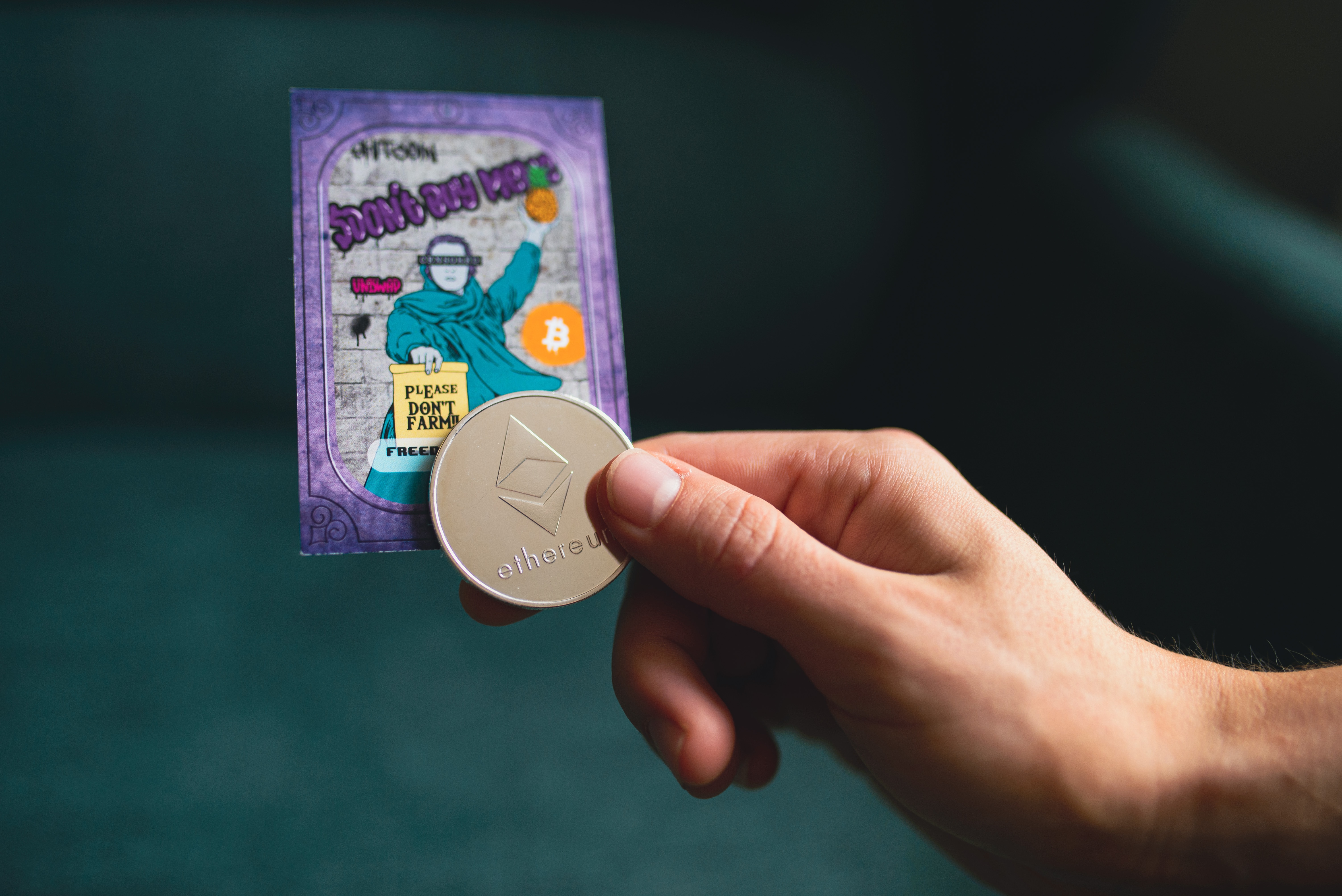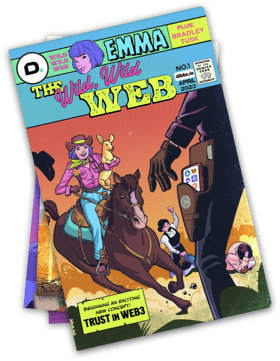8 Asset Tokenization Platforms to Bring Any Asset On-Chain
Discover eight cutting-edge platforms that are revolutionizing asset ownership through tokenization.

Tokenization might be a relatively new technology but it’s set to be a $16 trillion business opportunity, according to a Boston Consulting Group report. Larry Fink, the CEO of BlackRock, an investment firm managing over $8 trillion in assets, highlighted the immense potential of asset tokenization saying, “The tokenization of asset classes offers the prospect of driving efficiencies in capital markets, shortening value chains, and improving cost and access for investors.” Clearly, asset tokenization is revolutionizing the way assets are purchased, traded, and sold across all industries.
This article will cover what asset tokenization is and list some of the best platforms to tokenize your assets.
What is Asset Tokenization?
Asset tokenization refers to the process of converting the ownership rights associated with a real-world or digital asset into a blockchain-based token. It disrupts traditional systems by increasing the liquidity of previously illiquid assets like art, real estate, and commodities. This makes it easier for businesses to attract a large pool of potential investors.
For example, selling a $500,000 house would be challenging, as you won’t find many buyers for it. But if you tokenize the unit and make each token worth $100, your buyer pool expands, making it easier to sell the unit. The AnnA villa in France was divided into 10 tokens, where each of them can be divided into 100,000 individual tokens and traded via the secondary market. Although the property is worth £6.5 million, each token is worth £6.5. This improved its liquidity and accessibility and made it easy to sell the property.
What is an Asset Tokenization Platform?
An asset tokenization platform mints asset ownership rights as tokens on the blockchain so you can transfer ownership easily. The way it works is simple: Once you’ve selected the asset and token type, and determined its value, the asset tokenization platform will create tokens representing the assets based on the legal requirements. If the platform tokenizes physical assets, it also includes a vaulting service to secure assets.
Subscribe to get our best content in your inbox
By clicking “Submit” you agree to Dibbs
Privacy Policy and
consent to Dibbs using your contact data for newsletter purposes.

8 Platforms to Consider for Asset Tokenization
Here are some asset tokenization platforms that seamlessly tokenize a wide range of assets on the blockchain and unlock new possibilities in the world of digital ownership.
1. OpenSea
OpenSea is not just a leading marketplace for non-fungible tokens (NFTs). It also enables you to create digital assets, tokenize them, and list them for sale on their platform. The biggest advantage of using OpenSea is that it allows you to tokenize a wide range of digital assets ranging from art to virtual real estate to digital collectibles like trading cards.
2. Rarible
Rarible is a community-centric NFT marketplace that helps communities tokenize their assets, build a marketplace, and list their collections. A significant advantage of Rarible is its multichain support. Unlike some platforms that only support a single blockchain, Rarible operates on multiple blockchains. This provides users with greater flexibility and the option to choose chains with lower transaction costs and more scalability.
3. Nifty Gateway
Nifty Gateway is an NFT marketplace that collaborates with top artists and brands to create collections of limited edition NFTs. Once the artists have created tokenized assets, they can sell them in scheduled sales events called “drops”. However, you should note that the platform is centralized. While this provides a more user-friendly experience and allows traditional payment methods, it also means placing trust in a single entity to manage the platform responsibly.
4. Dibbs
Dibbs is a leading tokenization-as-a-service (TaaS) platform that transforms real-world assets into digital tokens. It helps build interactive communities with a global audience and form a connection between brands and users through asset tokenization.
That’s not all. It goes the extra mile to ensure the safety and authenticity of assets with a secure vault, comprehensive insurance, and detailed provenance for each NFT. It also comes with robust analytics tools, providing valuable insights into consumer behavior in the digital world.
In addition, Dibbs is committed to protecting both brands and customers, vigilantly monitoring all NFT activity on its platform to prevent, detect, and report any suspicious activities.
5. Securitize
Securitize is a fully digital, regulatory-compliant platform that specializes in the tokenization of traditional finance instruments like private company equity and debt. It enables companies to raise funds by selling tokenized shares on their marketplace and allows institutional investors to trade private shares like they trade stocks.
6. Polymath
Polymath allows businesses to convert traditional financial assets into digital securities. It automates regulatory compliance by embedding tokens with its ST-20 standard. So, it’s used by businesses looking to raise capital in a legally compliant manner.
7. Tokeny
Tokeny converts securities into security tokens on a blockchain while ensuring compliance with securities laws. It also provides an API for marketplaces and liquidity providers. This enables financial institutions to distribute securities and allows issuers to access a global network of distributors and investors. In addition, Tokeny provides built-in regulated custody and a securities recovery process, ensuring issuers are always in control of their token supply and investors cannot lose their securities, even if they lose access to their wallet.
8. ConsenSys Codefi
ConsenSys Codefi is a blockchain-based platform that helps transform real-world assets into digital tokens. It streamlines the creation, issuance, and management of digital assets, including financial instruments and consumer products. In addition, it simplifies governance, investor relations, and portfolio management, while also addressing compliance requirements.
Tokenize your Assets Easily with Dibbs
All in all, there are a lot of platform options to choose from. But in the end, you need a partner who is well-acquainted with the market you operate in to help you build a community and create new revenue streams.
Dibbs helps with this. To learn how your brand or business can tokenize your assets with Dibbs, schedule a demo today.

Evan Vandenberg
Evan Vandenberg is the Co-Founder and CEO at Dibbs. Evan has been working in the NFT space full-time since 2018 and collecting since 1995.

